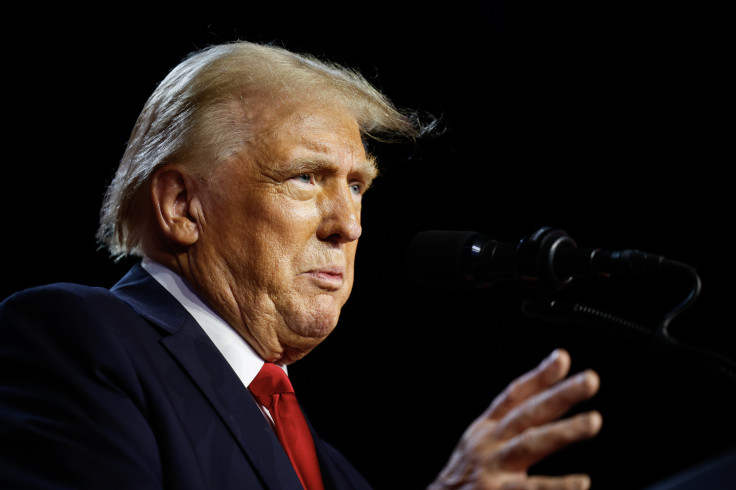
The backbone of president-elect Donald Trump's immigration policy for his upcoming second term in office will undoubtedly be mass deportations, as he made it a cornerstone of his campaign and has been filling out his cabinet with personnel to execute it to his liking.
Trump himself gave further hints around what his controversial policy might look like by reposting and agreeing with a post on Truth social which suggested that Trump was "prepared to declare a national emergency and will use military assets to reverse the Biden invasion through a mass deportation program."
Trump is also expected to enact a series of initiatives and measures from Day 1 of his administration, meant at restricting immigration and pave the way for deportations, according to Politico. Here are some of them:
Ending parole for Cuba, Haiti, Nicaragua, and Venezuela
The Trump administration is expected to terminate the CHNV Parole program a Biden-era humanitarian parole program that allowed residents from these countries to enter the U.S. legally. Since its inception, over 530,000 individuals have used the program yet Trump has expressed his intention to revoke this and other Temporary Protected Status (TPS) provisions for countries deemed unsafe.
Back in September, during an interview on Fox, Trump was asked to send a message to those who have been paroled in the country, to which Trump responded: "get ready to leave because you're going to be going out real fast."
WATCH: Fox’s @BillMelugin_ talks to Donald Trump about his pledge to SHUT DOWN the Kamala-Biden admin's migrant flights parole program and CBP cell phone app that’s responsible for moving 1.3 million migrants into the U.S.
— TV News Now (@TVNewsNow) September 25, 2024
BILL MELUGIN: "What's your message to those 1.3… pic.twitter.com/whrZeaHuNc
Deactivating the CBP One App
On a similar note, Trump's team is expected to dismantle the CBP One app, which allows migrants to schedule asylum appointments and which the president-elect has referred to as "a phone App for smuggling illegals." The App has been criticized by several other sources as well, including humanitarian groups that say it's being used by cartels to target migrants and an internal watchdog from Homeland Security which criticized it for providing inadequate vetting of migrants.
Rolling back the Mayorkas memo
A Politico points out, "early in the Biden administration, Homeland Security Secretary Alejandro Mayorkas issued a memo laying out priorities for which immigrants to deport", emphasizing people who threaten national security and public safety.
The memo also prompted ICE officers to learn "the totality of the facts and circumstances" about criminal convictions before deciding whether to deport someone — rather than solely using a conviction as a basis for deportation.
When contacted by Politico, Mark Krikorian of the Center for Immigration Studies said that what's referenced in the memo is "going to end obviously, right away," as the Trump team looks to reduce "bureaucratic" hurdles that impede deportations.
Ramping up immigration diplomacy
Some analysts have stated that the next administration's diplomatic policy, especially towards Latin America, will strongly hinge on how resistant countries are to take back deported individuals, as countries don't necessarily want many of these individuals back. To pressure those countries, Trump is expected to threaten to restrict visas for certain categories of applicants.
On Thursday, Ryan Berg, who directs the Future of Venezuela Initiative at the Center for Strategic and International Studies in Washington told Axios that in the specific case of Venezuela, "we may end up seeing some kind of arrangement with [Maduro] if it means the ability to deport more people, for Venezuela to accept deportee flights."
Analysts believe a "transactional approach" could shape Trump's strategy in dealing with Maduro, combining pressure with incentives to secure Venezuela's cooperation
© 2025 Latin Times. All rights reserved. Do not reproduce without permission.





